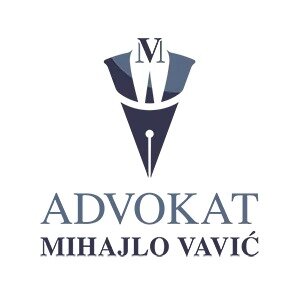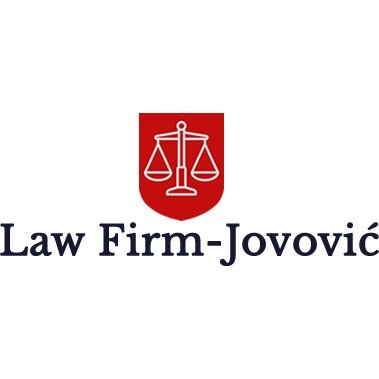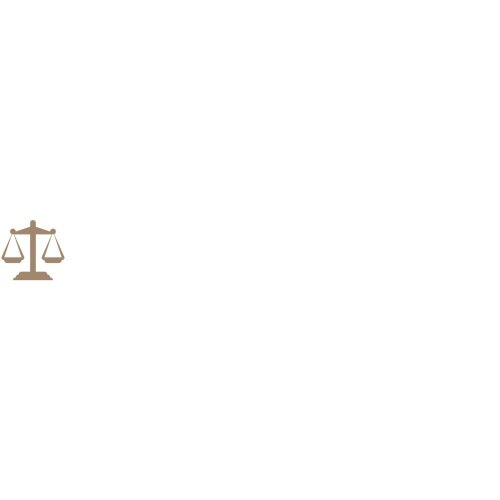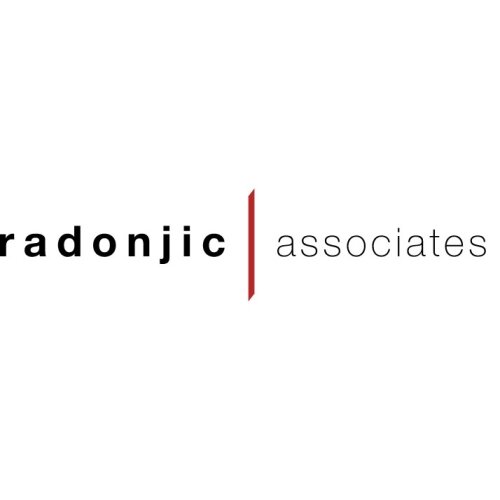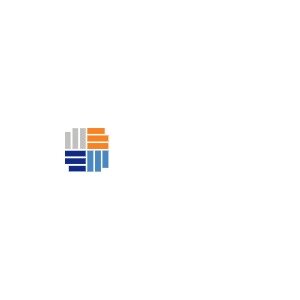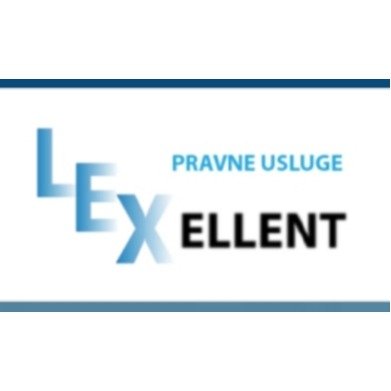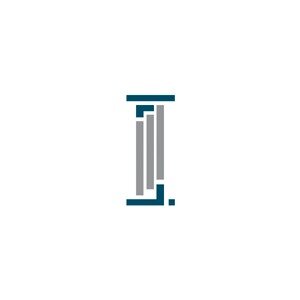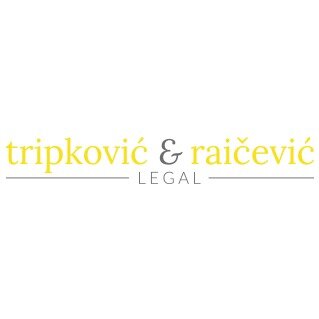Best FDA Law Lawyers in Podgorica
Share your needs with us, get contacted by law firms.
Free. Takes 2 min.
List of the best lawyers in Podgorica, Montenegro
About FDA Law in Podgorica, Montenegro
FDA Law in Podgorica, Montenegro typically refers to the legal framework regulating food, drugs, medical devices, and cosmetics. While there is no independent "FDA" agency in Montenegro identical to the United States' Food and Drug Administration, the country has its own set of laws and governmental bodies tasked with ensuring that products related to public health are safe, effective, and compliant with national and European standards. The key regulatory authorities include the Agency for Medicines and Medical Devices of Montenegro (CALIMS) and various public health institutions ensuring the proper oversight of all stages of production, import, distribution, and marketing of food and health-related products.
Why You May Need a Lawyer
Navigating FDA-related laws and regulations in Podgorica can be complex. You may need a lawyer if you are:
- Establishing a business that manufactures, imports, or distributes pharmaceuticals, medical devices, or food products
- Facing regulatory investigations or enforcement actions
- Dealing with product recalls, compliance issues, or alleged law violations
- Importing or exporting regulated goods
- Requiring guidance on product registration, labeling, and marketing claims
- Contesting the denial of product approval or facing administrative sanctions
- Protecting your intellectual property in regulated industries
- Seeking compensation or defending against product liability claims involving health or food products
Local Laws Overview
Montenegro’s legal environment for FDA-type matters is driven by several core laws and regulations. The key pieces of legislation include the Law on Medicines, Law on Medical Devices, Law on Food Safety, and associated bylaws. These regulate:
- The manufacturing, import, export, and sale of medicines, medical devices, and food products
- Licensing and registration procedures for pharmaceuticals and devices
- Food safety standards governing production, packaging, and labeling
- Market surveillance and inspection authorities for public health protection
- Quality control and reporting of adverse effects or incidents involving regulated products
- Product recall procedures and penalties for non-compliance
- Requirements harmonized with European Union legislation, especially in view of Montenegro's EU accession process
Frequently Asked Questions
What agency regulates medicines and medical devices in Montenegro?
The Agency for Medicines and Medical Devices of Montenegro (CALIMS) is the main regulatory body for the authorization, control, and surveillance of medicines and medical devices in the country.
Does Montenegro use European Union standards for FDA-type regulations?
Yes, Montenegro is aligning its regulations with European Union standards as part of its efforts toward EU accession. Many rules regarding medicines, devices, and food safety closely mirror those of the EU.
What is required to import pharmaceuticals into Montenegro?
IMPORTERS must obtain permits and ensure registration of products with CALIMS, comply with quality control requirements, and adhere to labeling and packaging standards as set by Montenegrin law and EU directives.
Are there special labeling requirements for food and drug products?
Yes, all food, drug, and medical device products must meet labeling requirements that specify nutritional content, use instructions, expiry dates, country of origin, and warnings where necessary, in the Montenegrin language.
What happens if a product is found non-compliant during inspection?
Authorities may order product recalls, impose fines, suspend sales, or initiate administrative or criminal proceedings in cases of serious violations or risks to public health.
Can individuals or businesses contest regulatory decisions?
Yes, affected parties may appeal adverse decisions, such as the denial of product licenses or imposition of penalties, through administrative and judicial procedures under Montenegrin law.
How are adverse reactions to drugs or devices reported?
Healthcare professionals and citizens should report adverse reactions directly to CALIMS using official forms or online systems designed to surveil product safety and take prompt action if necessary.
Is it necessary to localize product documentation into Montenegrin?
Yes, all product-related documents, labels, and instructions must be provided in the Montenegrin language for regulatory review and consumer safety.
Are there any ongoing regulatory changes in this area?
Montenegro’s regulatory landscape is evolving, especially to strengthen consumer protection and align more closely with the EU. Businesses should monitor updates and consult legal professionals for compliance.
Where can I get help if I have a dispute involving medical or food products?
You may seek assistance from relevant agencies such as CALIMS or the Institute for Public Health, or consult with a specialized attorney for legal representation and advice.
Additional Resources
Several resources may help individuals and businesses seek guidance on FDA Law in Podgorica:
- Agency for Medicines and Medical Devices of Montenegro (CALIMS) - For all matters related to medicines and medical devices
- Ministry of Health of Montenegro - Source of legislation and updates on health policies
- Institute for Public Health of Montenegro - Guidance on food safety and public health matters
- Local legal firms specializing in regulatory compliance and administrative law
- Chamber of Commerce of Montenegro - Support for businesses dealing with imports and exports
Next Steps
If you believe you need legal assistance regarding FDA Law in Podgorica, Montenegro, consider the following steps:
- Identify the specific regulatory issue or legal question you are facing
- Gather all relevant documentation, such as licenses, inspection reports, and correspondence with authorities
- Contact a Montenegrin lawyer with experience in pharmaceutical, food, or medical device regulation
- Consult the relevant government agency for general guidance or to initiate a formal process
- Consider joining professional associations in your industry for regular updates and guidance
Lawzana helps you find the best lawyers and law firms in Podgorica through a curated and pre-screened list of qualified legal professionals. Our platform offers rankings and detailed profiles of attorneys and law firms, allowing you to compare based on practice areas, including FDA Law, experience, and client feedback.
Each profile includes a description of the firm's areas of practice, client reviews, team members and partners, year of establishment, spoken languages, office locations, contact information, social media presence, and any published articles or resources. Most firms on our platform speak English and are experienced in both local and international legal matters.
Get a quote from top-rated law firms in Podgorica, Montenegro — quickly, securely, and without unnecessary hassle.
Disclaimer:
The information provided on this page is for general informational purposes only and does not constitute legal advice. While we strive to ensure the accuracy and relevance of the content, legal information may change over time, and interpretations of the law can vary. You should always consult with a qualified legal professional for advice specific to your situation.
We disclaim all liability for actions taken or not taken based on the content of this page. If you believe any information is incorrect or outdated, please contact us, and we will review and update it where appropriate.



